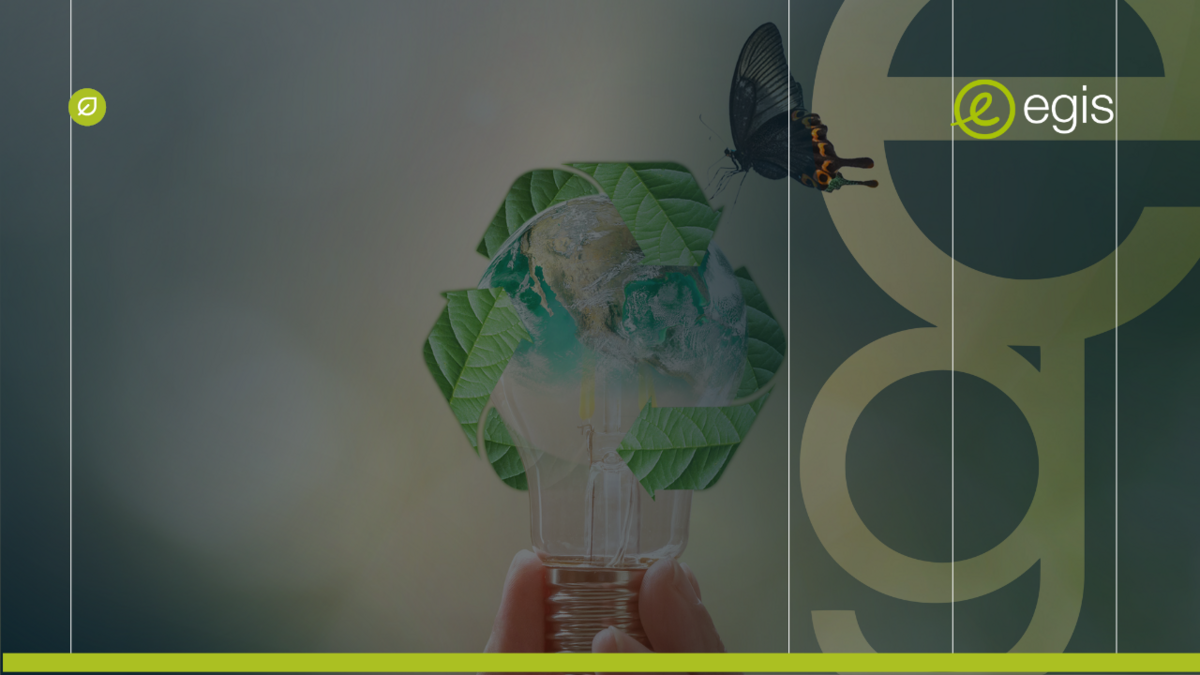Actualités • Membres
CORPORATE ESG TRAINING: WASTE MANAGEMENT AND ENVIRONMENTAL RESPONSIBILITY

On September 18, Egis team in Ukraine gathered for a corporate online training dedicated to waste management and environmental responsibility. The event took place ahead of World Cleanup Day and became part of our educational program aimed at fostering eco-awareness and embedding sustainable practices into daily work.
The session was opened by Oksana Zatvornytska, Director of Egis in Ukraine, who emphasized that the company’s environmental strategy covers not only decarbonization and ISO certification, but also small everyday steps. She shared internal initiatives such as replacing single-use tableware with reusable alternatives, using personal cups, and consciously reducing office waste.
Alla Krasnozhon, Lead of the Environment and Climate Service Line, explained why ESG is a much broader concept than “environment” alone, highlighting its social and governance aspects. She presented the Group’s ESG goals — including carbon reduction, ESG integration, and continuous team upskilling — and shared examples of local initiatives, such as cooperation with communities and students. She also recalled one of the most significant 2025 milestones: planting more than 77,000 trees in Rivne region this spring in partnership with Treepilya and with the support of the Egis Foundation.
Yulia Krut, Head of the Administrative Department, presented data on office emissions, noting that they increased significantly during power outages. At the same time, she stressed:
“Even in challenging times, when the energy system experienced disruptions, our office became a kind of shelter for the team. This allowed us not only to maintain work processes but also to stay close to each other. Still, we must think about reducing emissions — through alternative transportation, energy saving, and online meetings instead of travel.”
Anastasiia Feier, Environmental and Climate Specialist, continued with the topic of conscious waste management. She shared global practices, including findings from the Ocean Cleanup project, which identified 1.8 trillion plastic particles in the Great Pacific Garbage Patch. She also presented local statistics: every Ukrainian generates 300–500 kg of waste annually, about 10 million tons in total, with only 3–5% being recycled. Plastics account for 13–20% (around 80 kg per person per year).
She highlighted modern recycling methods and the economic potential of waste as a resource for producing new materials and energy. Properly sorted materials — plastic, glass, paper, and metal — can re-enter the economy as raw materials for new products, or be used for biogas and compost production, supporting both the energy sector and agriculture. Her key message was simple: everyone can make a difference, starting with daily habits at home or in the office.
For Egis, such initiatives are a way not only to educate, but also to unite the team around shared values. This year, as part of World Cleanup Day, the Egis Ukraine team joined the Let’s Do It, Ukraine eco-movement and took part in cleaning up a central location in Kyiv. Once again, we confirmed that environmental awareness and sustainable practices are integral to Egis’s corporate culture and our contribution to Ukraine’s sustainable future.


